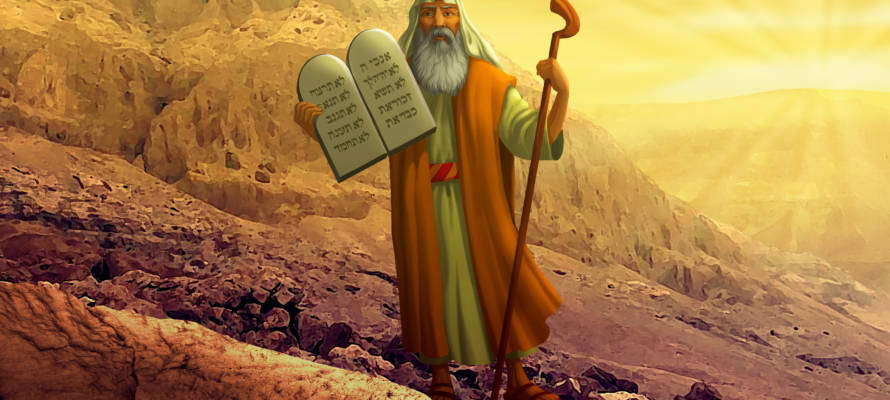We can’t always ignore our needs and interests, but more often than not we can go out of our way to help others while remaining happy ourselves.
By Rabbi Ari Enkin, Rabbinic Director, United with Israel
This week’s Torah portion is the double header of “Matot-Masei” (Numbers 30-36), and with it we conclude the book of Numbers. One of the episodes in this week’s reading is the designation of the “Cities of Refuge” – special cities where one who was convicted of accidental murder would be forced to relocate.
There were six such cities, three in Israel proper and three in Jordan (yes, Jordan is also part of the Land promised to the Jews…sorry King Abdullah).
At this time the people were in Jordan. They had not crossed over into the Land of Israel just yet. Indeed, it was only after Moses dies and Joshua takes over do the people enter the Land of Israel.
Now here’s the key: The six cities of refuge were considered to be a single mitzvah (Torah commandment), a single block. The existence and function of all six were needed in order to “activate” any of the cities for use. It was six or nothing. Nevertheless, Moses got to work to establish the three cities on the Jordanian side even though he would never see the fulfillment of his efforts. None of the six cities would be operational until after Joshua led the people into the Land and established the other three cities.
This is the greatness of Moses: He was so devoted to the ultimate goal that he was not deterred although he personally would not benefit from his labors. He knew that others would benefit. He knew it was what God wanted.
And he even knew that his prompt completion of this task would bring his death that much closer! But Moses didn’t care. He cared about the nation, not himself.
Similarly, also in this week’s reading, God tells Moses to attack the Midianites, after which he would die. The war with the Midinaites was the last thing that had to be accomplished before the Jews could enter the Land of Israel. God commanded the Jewish people to take revenge on the Midianites for the immorality and idolatry that they put the Jewish people through. Getting this war over with would get the Jews into the Land of Israel that much faster, but on the other hand, it would also hasten Moses’s death. What does Moses do?
You guessed it! Without hesitating, Moses got the war going. Again, he didn’t think of himself, he thought about God and the nation. God wanted them to wage this war and it was in the nation’s interest to get into the Land of Israel as soon as possible. Moses eagerly complied and did what was right in order to fulfill the wishes of God and in the interest of the nation.
In fact, the Jewish people encouraged Moses to delay the war so he would be around a bit longer. But Moses would have none of that.
We all have the Moses I-can-care-for-others and the it’s-not-always-about-me attribute inside of us. We use it all the time. Parents usually do what’s best for their children even at self-sacrifice, right? We have great co-workers who are willing to “take one” for the team, right? The spark is there. We have to work on ourselves to develop and nurture the spark of caring for others.
We can’t always ignore our needs and interests, but more often than not we can go out of our way to help others while remaining happy ourselves.
For more insights on this week’s Torah portion by Rabbi Enkin, click on the links below.
https://unitedwithisrael.org/living-torah-unlocking-the-hidden-power-of-our-words/
https://unitedwithisrael.org/webinar-greater-israel-discover-the-real-borders-of-the-land-of-israel/
https://unitedwithisrael.org/living-torah-how-to-make-lifes-bitter-moments-sweet/
https://unitedwithisrael.org/watch-remember-the-kindness/
https://unitedwithisrael.org/living-torah-dont-make-the-gad-and-reuben-mistake/
